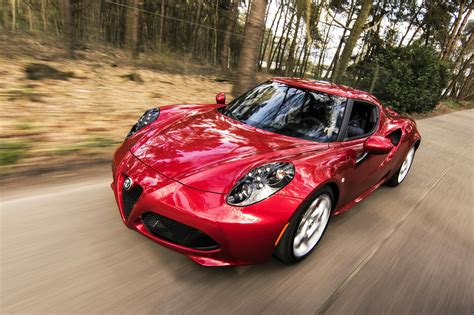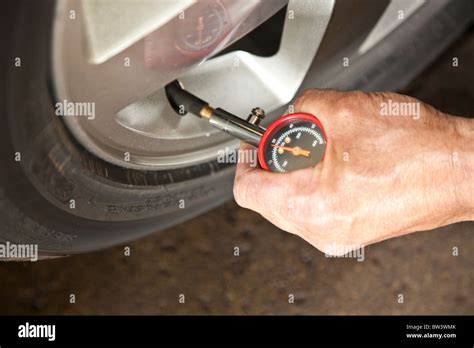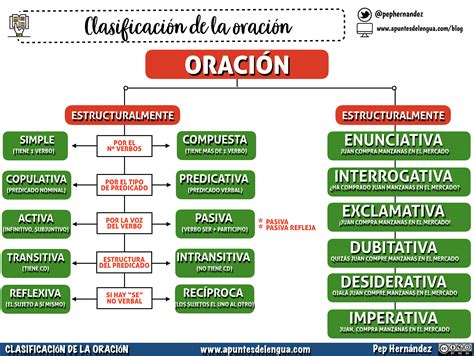Master the Art of Smooth Driving
One of the most impactful changes you can make to improve your car’s fuel economy is to drive smoothly. Aggressive driving—characterized by rapid acceleration, sudden braking, and quick lane changes—wastes a significant amount of fuel. Each time you floor the accelerator, your engine demands more fuel, and each time you brake hard, you’re essentially wasting the energy you just used to accelerate.
Instead, aim for gradual acceleration and anticipate traffic flow to allow for gentle deceleration and coasting to stops. Imagine there’s an egg under your accelerator pedal that you don’t want to break. This mindful approach reduces strain on your engine and transmission, leading to better fuel efficiency and extending the life of your vehicle components.

Maintain a Consistent Speed
Fluctuating speeds burn more fuel than maintaining a steady pace. When driving on highways or open roads, utilizing cruise control is an excellent way to maintain a consistent speed, which helps your engine operate at its most efficient RPMs. Rapidly changing speeds, even by small increments, forces your engine to constantly adjust its power output, leading to increased fuel consumption.
Additionally, be mindful of your overall speed. Fuel economy tends to decrease significantly at speeds above 50-60 mph due to increased aerodynamic drag. While speed limits must be observed, finding the sweet spot for your vehicle’s efficiency on longer trips can yield substantial savings.
Avoid Excessive Idling
Idling your car uses fuel without moving you anywhere. While a warm-up period is necessary in very cold weather, modern vehicles generally don’t require extended idling. If you’re going to be stopped for more than 30 seconds (excluding traffic lights where turning off your engine might be unsafe or impractical), it’s often more fuel-efficient to turn off your engine and restart it when you’re ready to go.

Keep Your Tires Properly Inflated
This is perhaps one of the simplest yet most overlooked habits. Underinflated tires increase rolling resistance, meaning your engine has to work harder to move the car, thus consuming more fuel. Checking your tire pressure regularly (at least once a month, and before long trips) according to your vehicle manufacturer’s recommended PSI (found in your owner’s manual or on a sticker inside the driver’s door jamb) can improve fuel economy by up to 3%.

Lighten Your Load and Reduce Drag
Extra weight demands more power from your engine, translating directly into higher fuel consumption. Regularly clear out unnecessary items from your trunk and back seats. Every extra pound your car carries contributes to reduced fuel efficiency. Similarly, external accessories like roof racks or cargo boxes create aerodynamic drag, forcing your engine to work harder, especially at higher speeds. If not in use, remove them.
Plan Your Routes and Combine Trips
Efficient trip planning can dramatically reduce the miles you drive and the number of “cold starts” your car experiences. Engines are less fuel-efficient when cold, so combining multiple errands into a single, well-planned trip allows your engine to reach and maintain its optimal operating temperature, improving overall fuel economy. Utilizing navigation apps to find the most efficient routes and avoid heavy traffic also contributes to savings.
![[100+] 4k Laptop Car Wallpapers | Wallpapers.com](/images/aHR0cHM6Ly90czMubW0uYmluZy5uZXQvdGg/aWQ9T0lQLkUzSU5SWlI4SVNKSzRQVkZZR3dHOUFIYUVLJnBpZD0xNS4x.webp)
Stay Up-to-Date with Vehicle Maintenance
While not strictly a driving habit, regular vehicle maintenance directly impacts fuel economy. A well-maintained engine runs more efficiently. Simple tasks like replacing clogged air filters, ensuring spark plugs are in good condition, and getting regular oil changes with the manufacturer-recommended oil type can all contribute to better gas mileage. Neglecting these basics forces your engine to work harder, leading to decreased efficiency and potentially more costly repairs down the line.

Conclusion
Improving your car’s fuel economy doesn’t require drastic lifestyle changes or expensive modifications. By adopting these simple, mindful driving habits and staying on top of basic vehicle maintenance, you can significantly reduce your fuel consumption, save money at the pump, and contribute to a greener environment. Start today, and watch your fuel gauge last longer!




